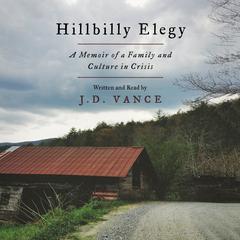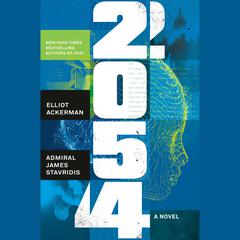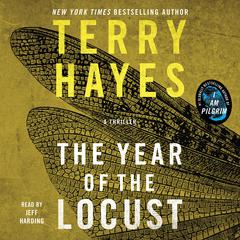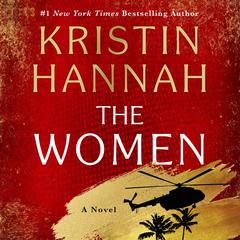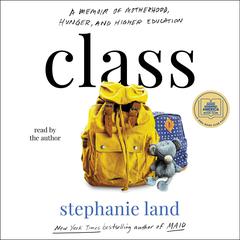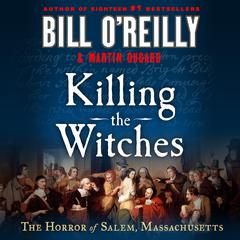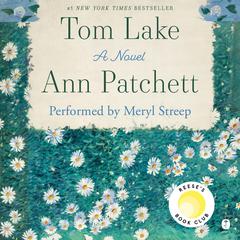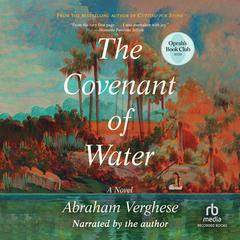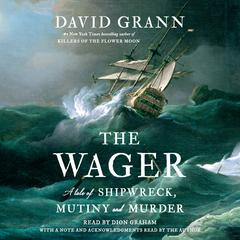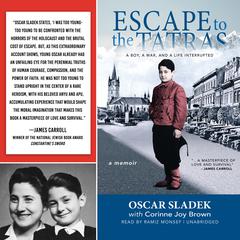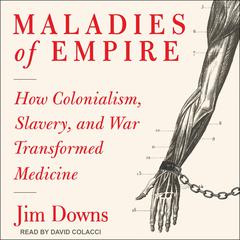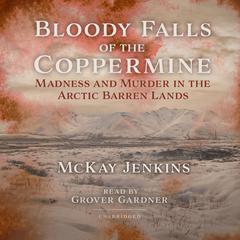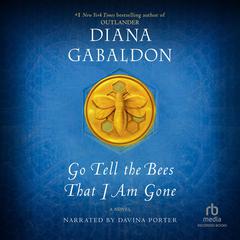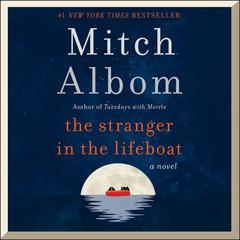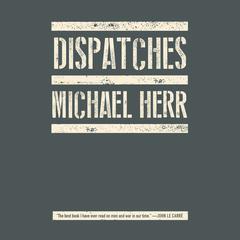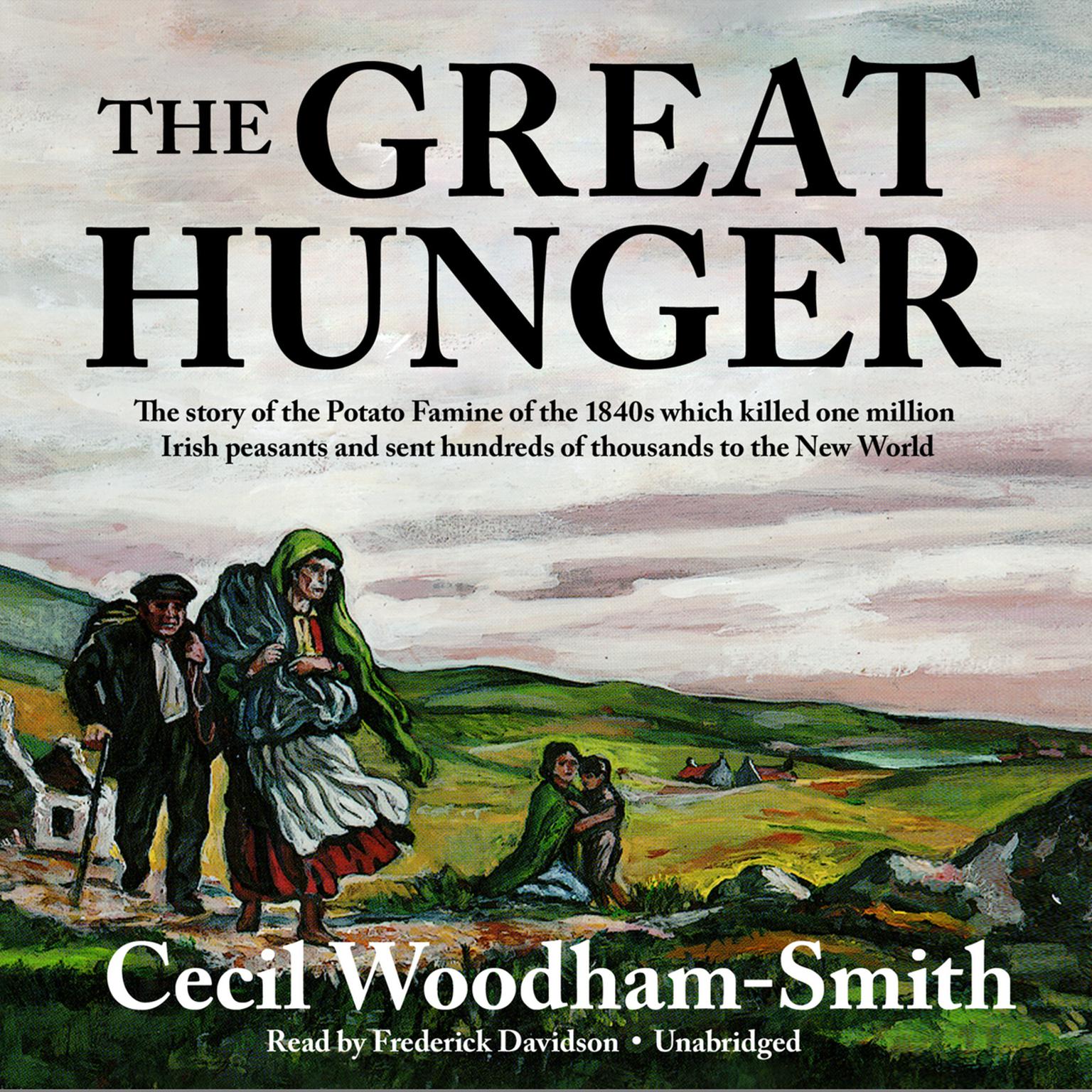 Play Audiobook Sample
Play Audiobook Sample
The Great Hunger: Ireland 1845–1849 Audiobook
 Play Audiobook Sample
Play Audiobook Sample
Quick Stats About this Audiobook
Total Audiobook Chapters:
Longest Chapter Length:
Shortest Chapter Length:
Average Chapter Length:
Audiobooks by this Author:
Publisher Description
The Great Hungeris the definitive account of one of the worst disasters in world history: the Irish Potato Famine of the 1840s. Within five years, one million people died of starvation. Emigrants by the hundreds of thousands sailed for America and Canada in small, ill-equipped, dangerously unsanitary ships. Some ships never arrived; those that did carried passengers already infected with and often dying of typhus.
The Irish who managed to reach the United States alive had little or no money and were often too weak to work. They crowded into dirty cellars, begged, and took whatever employment they could get. Epidemics, riots, and chaos followed in their wake.
The Great Hungeris a heartbreaking story of suffering, insensitivity, and blundering stupidity; yet it is also an epic tale of courage, dignity, and—despite all odds—a hardly supportable optimism.
Download and start listening now!
"This is an older history of the famine (first published 1962), a good example of well-written general history. Its subject is, of course, thoroughly horrifying. What struck me as I read was how much history repeats itself and how little some learn from it. The Irish died not really because of the potato blight but because of insanely stupid laws governing land ownership and tenancy that were set up to benefit a tiny few and to exploit and degrade the many and were subsequently defended, even at the height of the famine, on the basis of the sanctity of private property and the untouchable profit of landowners (which their own shortsighted greed ultimately diminished or destroyed anyway); a grossly unequal distribution of wealth; contempt for Ireland, the Irish, and Catholicism, for a culture and a religion that were widely regarded as inherently backward and dangerous; and, above all, a blind faith on the part of government and the wealthy in the power of a free market and an insistence, in the face of all evidence and all common sense, that government intervention and assistance were always wrong ("government isn't the solution to the problem; government IS the problem" sums up their ideology pretty well) because it distorted the market, reduced the incentive for private enterprise, and encouraged dependence instead of manly self-reliance (sound familiar?). The free market gospel was mean-spirited, self-serving idiocy then, and it's mean-spirited, self-serving idiocy now. Perhaps this book should be required reading for complacent neo-cons now who spout the same slogans."
— Leslie (4 out of 5 stars)
Quotes
-
“Mrs. Woodham-Smith has made an individual contribution to Irish history. Her thoroughness in research, compassionate fair-mindedness, and gift of narrative are all again in evidence.”
— Times (London) -
“A moving and terrible book. It combines great literary power with great learning. It explains much in modern Ireland—and in modern America.”
— D.W. Brogan -
“A masterpiece of the historian’s art.”
— Robert Kee -
“Her just and penetrating mind, her lucid and easy style, and her assured command of the sources have produced one of the great works not only of Irish nineteenth-century history, but of nineteenth-century history in general.”
— Conor Cruise O’Brien
The Great Hunger Listener Reviews
-
" I have learned so much from this book about Ireland and it's history. A little heavy reading for me, but I like this type of book, even if it's a bit over my head at times. My eyes have been opened with regards to the misconceptions surrounding the Irish potato famine. Reading a historian's perspective is so enjoyable because you are reading a well researched historical account, and this author writes in a style that I can grasp. I would highly recommend it, really interesting!! "
— Karen, 2/8/2014 -
" This is such a heartbreaking and emotional read. It is also full of history, politics of the time and an indepth soul searching account of the suffering of the Irish people.It is a book that I keep close as my family suffered in that period. "
— Katy, 1/28/2014 -
" I didn't give this book 5 stars because I thought that it was amazing , but because it provides the grim truth about an event which is drowned in myth and which basically made the Irish the Irish. "
— Des, 1/25/2014 -
" I just started this and have meant to read it for years. It is surprisingly readable and really good. "
— Elizabeth, 12/27/2013 -
" The book that changed a lot of things for me. A tragic yet surprisingly uplifting book. "
— Brian, 12/13/2013 -
" Perhaps the most horrible book I've ever read. Cogent, clear and devastating. Has quite nearly put an end to my Anglophilia with only fact. "
— Mike, 12/4/2013 -
" This book was a big disappointment, the reviews were great, but basically it is a fictional fantasy of the author and has little to do with what actually happened in Ireland. "
— Patty, 10/18/2013 -
" Very interesting, diligently researched, and well written account of the Great Irish Famine. Many parallels can be drawn between this, arguably the first modern famine, and famines today, especially thorough political components. "
— A., 9/3/2013 -
" shame on great britain. good book. lots of good data "
— John, 8/2/2013 -
" Hard-hitting, definitive history of Ireland's Great Famine. Author is a woman. Yay! "
— Dana, 7/1/2013 -
" A heart breaking, step by step retelling of how the Great Famine afflicted Ireland causing a mass exodus by the population. It reveals a poor response to the famine as well as what diseases resulted and what happened to many who tried to flee and survive. "
— Matthew, 1/24/2013 -
" This biased but readable book remains (unfortunately) the best popular history of the Great Famine. "
— Edward, 1/6/2013 -
" It was only after visiting the Famine museum in Strokestown House that I felt compelled to investigate the full story of the famine. This book is an outstanding piece of research into Ireland's darkest hour and should be considered as essential reading for every student of Irish history "
— Mark, 5/19/2012 -
" Another book by an author who turns history into a seamless work of master story telling. Cecil Woodham Smith wrote four books in her lifetime. I have read two, this one and The Charge of the Light Brigade. I definitely plan to read her other two books. "
— Les, 11/18/2011 -
" Not an easy read. Provoked frustration and anger and amazement but was very interesting, learned a lot. "
— Corinne, 9/15/2011 -
" OK, two inevitable things about this book: 1. It's largely drawn from the perceptions/experiences of relative outsiders; 2. It's pretty damn depressing. <br/>It's still worth it, though, if you brace yourself. "
— Randy, 6/9/2011 -
" I didn't give this book 5 stars because I thought that it was amazing , but because it provides the grim truth about an event which is drowned in myth and which basically made the Irish the Irish. "
— Des, 6/1/2011 -
" This is such a heartbreaking and emotional read. It is also full of history, politics of the time and an indepth soul searching account of the suffering of the Irish people.It is a book that I keep close as my family suffered in that period. "
— Katy, 5/13/2011 -
" I just started this and have meant to read it for years. It is surprisingly readable and really good. "
— Elizabeth, 4/19/2010 -
" Not an easy read. Provoked frustration and anger and amazement but was very interesting, learned a lot. "
— Corinne, 8/22/2009 -
" This biased but readable book remains (unfortunately) the best popular history of the Great Famine. "
— Edward, 2/22/2009 -
" The book that changed a lot of things for me. A tragic yet surprisingly uplifting book. "
— Brian, 9/9/2008
About Cecil Woodham-Smith
Cecil Blanche Woodam-Smith (1896-1977) was a British historian and biographer. She wrote four popular history books, each dealing with a different aspect of the Victorian era.
About Frederick Davidson
Frederick Davidson (1932–2005), also known as David Case, was one of the most prolific readers in the audiobook industry, recording more than eight hundred audiobooks in his lifetime, including over two hundred for Blackstone Audio. Born in London, he trained at the Royal Academy of Dramatic Art and performed for many years in radio plays for the British Broadcasting Company before coming to America in 1976. He received AudioFile’s Golden Voice Award and numerous Earphones Awards and was nominated for a Grammy for his readings.




